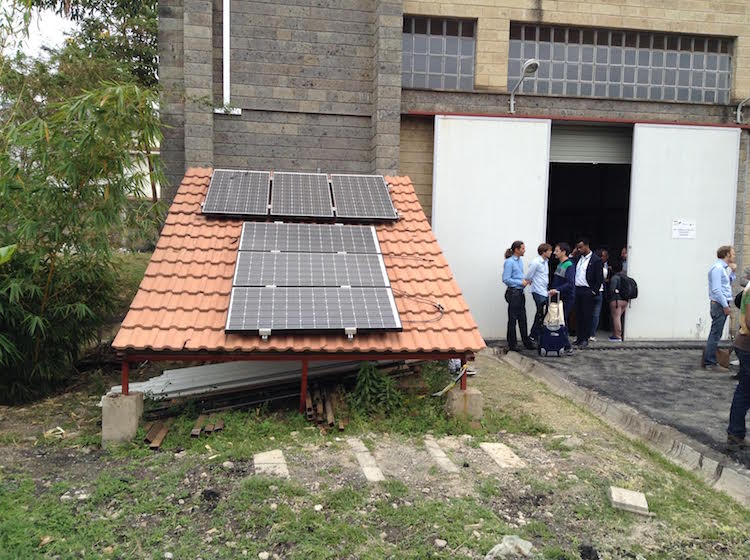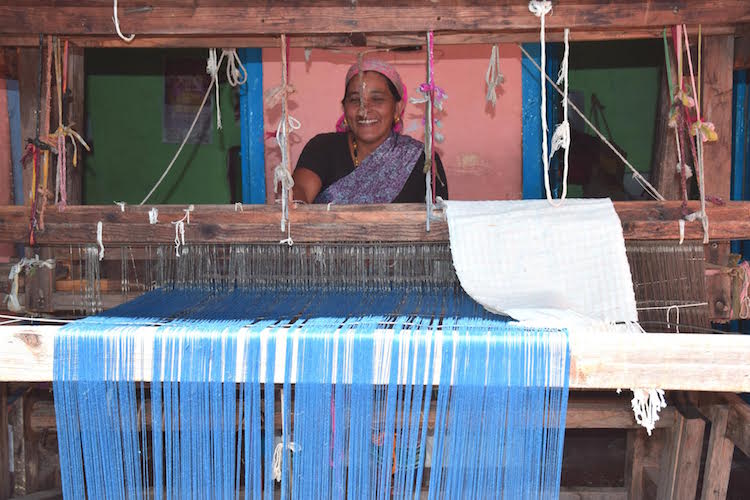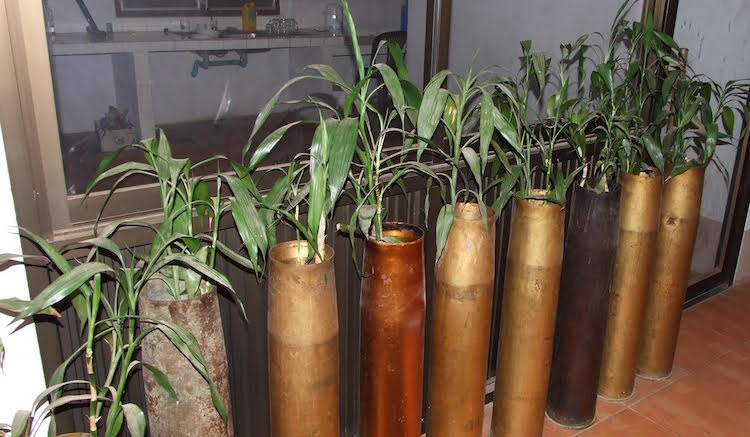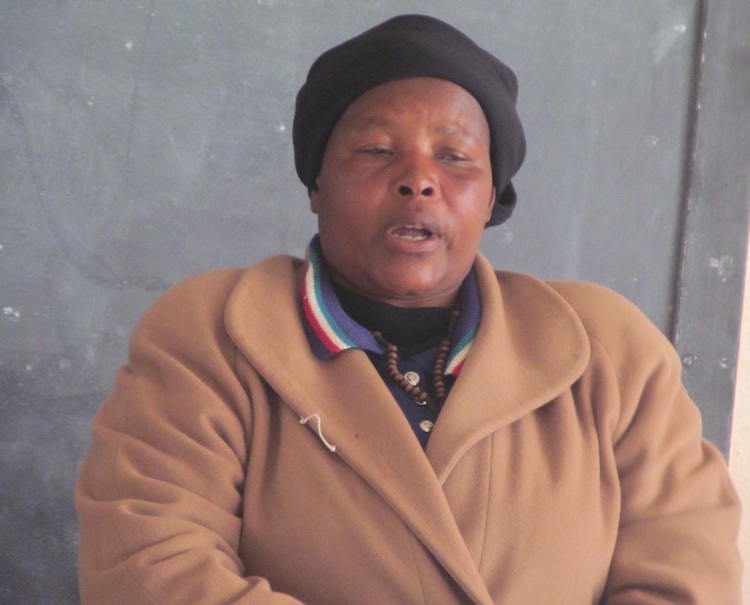By Justus Wanzala
NAIROBI (ACP-IDN) – Nestled in the dry Kajiado County, one and half hour drive from Kenya’s capital Nairobi is the Oloishibor Community Energy Project, an oasis of light in a remote hamlet. It was started in 2009. A brainchild of a community based organisation established by the local pastoral Maasai Community.
Simon Parkesian, the Energy Project’s manager says the community had been facing a myriad of problems ranging from poor health, education to economical. The situation was compounded by lack of electricity.










